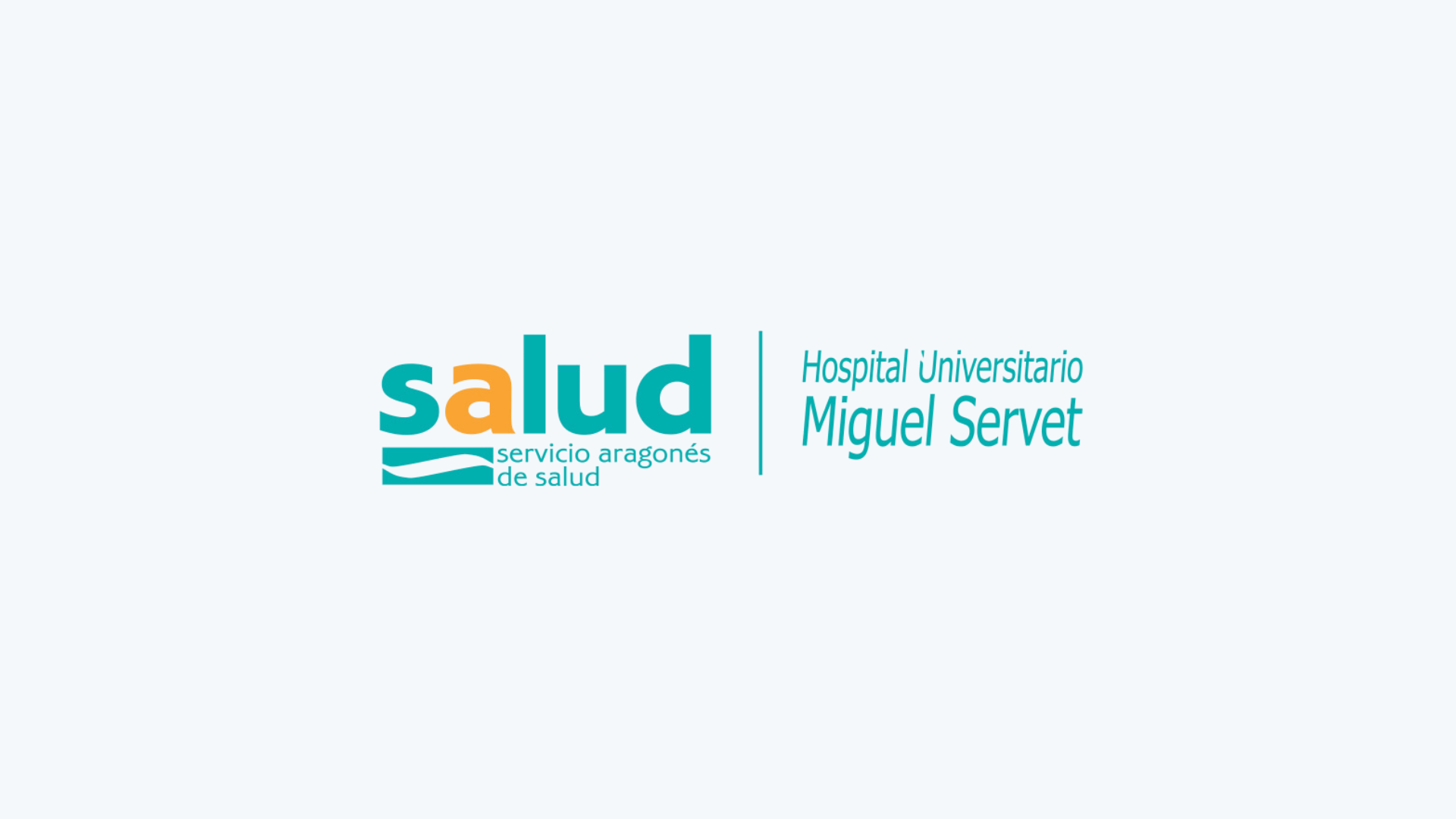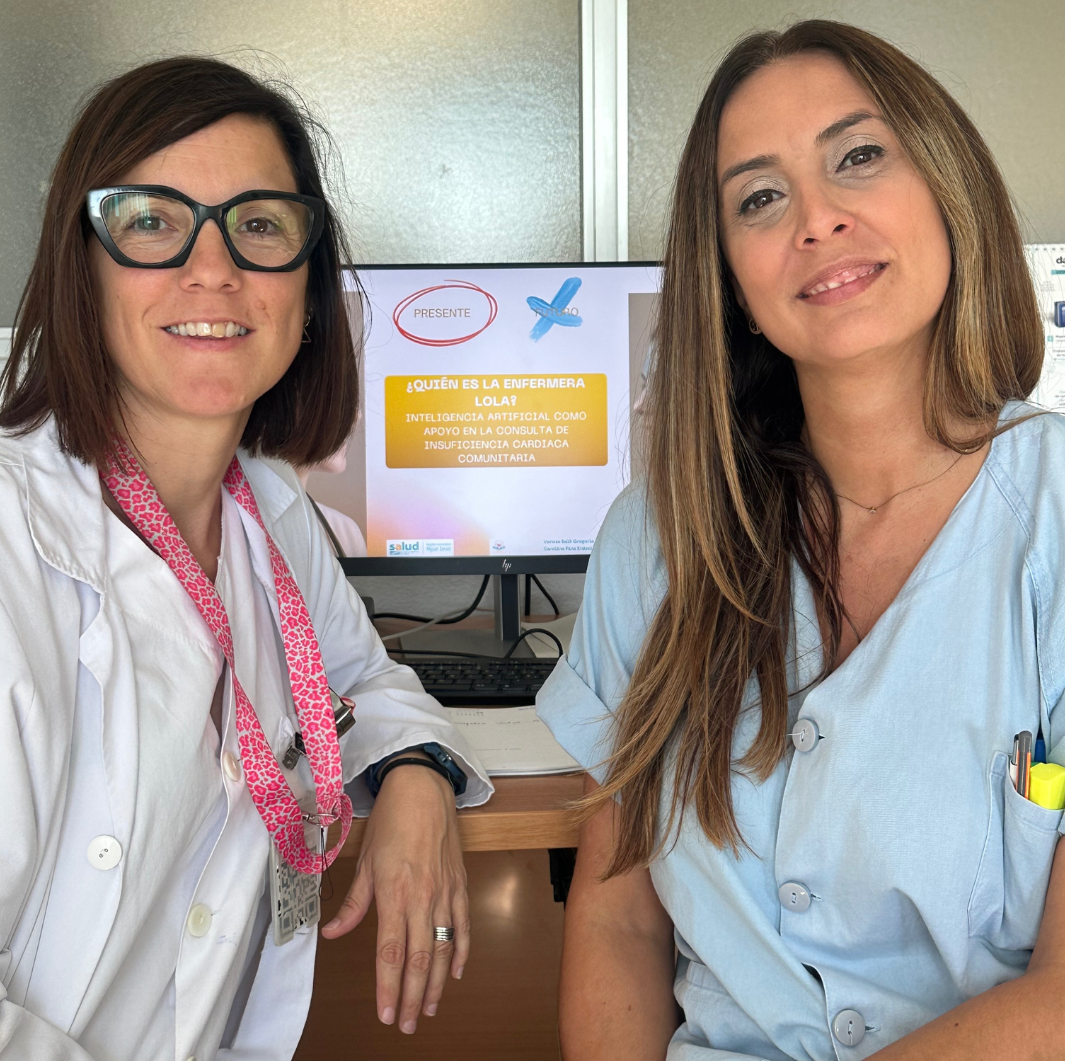Tucuvi's Clinical Voice AI supports heart failure care at Miguel Servet Hospital, improving patient follow-up, adherence, and self-care, while earning scientific recognition for combining AI technology with nursing expertise.

Heart failure (HF) is a chronic condition in which the heart cannot pump blood efficiently to meet the body’s needs. This can lead to symptoms such as shortness of breath, fatigue, and fluid retention. Therefore, careful monitoring is required to prevent hospitalizations and worsening of the condition.
Artificial intelligence (AI) can help improve heart failure care by supporting clinical teams and enhancing patient management.
A real example of this impact comes from Miguel Servet University Hospital (Zaragoza, Spain), which, in collaboration with AstraZeneca and Tucuvi, launched a remote patient follow-up project for heart failure using voice-based AI.
The initiative had a clear objective: to improve disease management, optimize resources, and provide more personalized and continuous care to patients at home.
Since November 2024, patients have been monitored through LOLA, Tucuvi’s AI-based voice agent, which makes structured calls according to each patient’s needs. The call frequency is adjusted — every 2, 5, 15, or 30 days — to provide real-time follow-up, detect potential signs of decompensation, and deliver actionable information to healthcare professionals.

"For almost a year, we have been using LOLA to help create a community heart failure unit at HUMS in Zaragoza. Patients appreciated the follow-up with LOLA, which felt close and allowed them to resolve doubts, problems, or episodes of decompensation." shared HUMS nurses Vanesa Salo Gregorio and Carolina Pina Erdociaín.
Project Results
A patient satisfaction survey confirmed what the team had already observed: patients positively valued the follow-up with LOLA, finding it supportive and personable. They highlighted the attention, interest, and guidance provided, which helped them address doubts, problems, decompensations, or exacerbations.
The project also showed that older patients, including many in their 80s and 90s, were receptive to the experience. Most used LOLA effectively, providing the necessary information during structured calls and requesting help when needed. This engagement strengthened treatment adherence and self-care.
"From a clinical perspective, we could check the status of our patients at a glance on the alert dashboard, without having to spend hours on the phone. It is an additional resource, an AI agent that works alongside us while we attend to other clinical tasks," add the nurses.
According to the nursing team, integrating AI into daily practice brought clear benefits:
- It does not replace their clinical work or health advice but enhances their capacity and supports patient adherence to treatment and self-care.
- It has created a healthy, non-dependent relationship between the team and the patient, improving care through regular follow-up.
- It provides valuable information to guide patient care and deliver more precise treatment based on patient progress.
- It optimizes resources by reducing hospital admissions and emergency visits, enabling early detection and proactive intervention.
- It increases patient satisfaction and self-care through continuous, personalized, and close monitoring.
- It has proven to be an excellent prevention tool.
Scientific Recognition
The project’s impact was also recognized at a scientific level. At the I SATSE National Research Congress, the study “Who is Nurse Lola? AI and Critical Knowledge in Community Heart Failure Management”, presented by Vanesa Salo Gregorio and Carolina Pina Erdociaín, was awarded as the Best Communication by the Scientific Committee.
The congress, which brought together over 300 nursing, physiotherapy, and technology professionals, focused on discussing the future of care in light of advances in artificial intelligence, highlighting the importance of initiatives like the HUMS project, which combine technological innovation with high-quality clinical practice.
Through this initiative, HUMS Zaragoza, AstraZeneca, and Tucuvi demonstrate how combining artificial intelligence with healthcare professionals can improve efficiency, quality, and patient satisfaction in heart failure management, positioning the hospital at the forefront of remote care for complex conditions.
